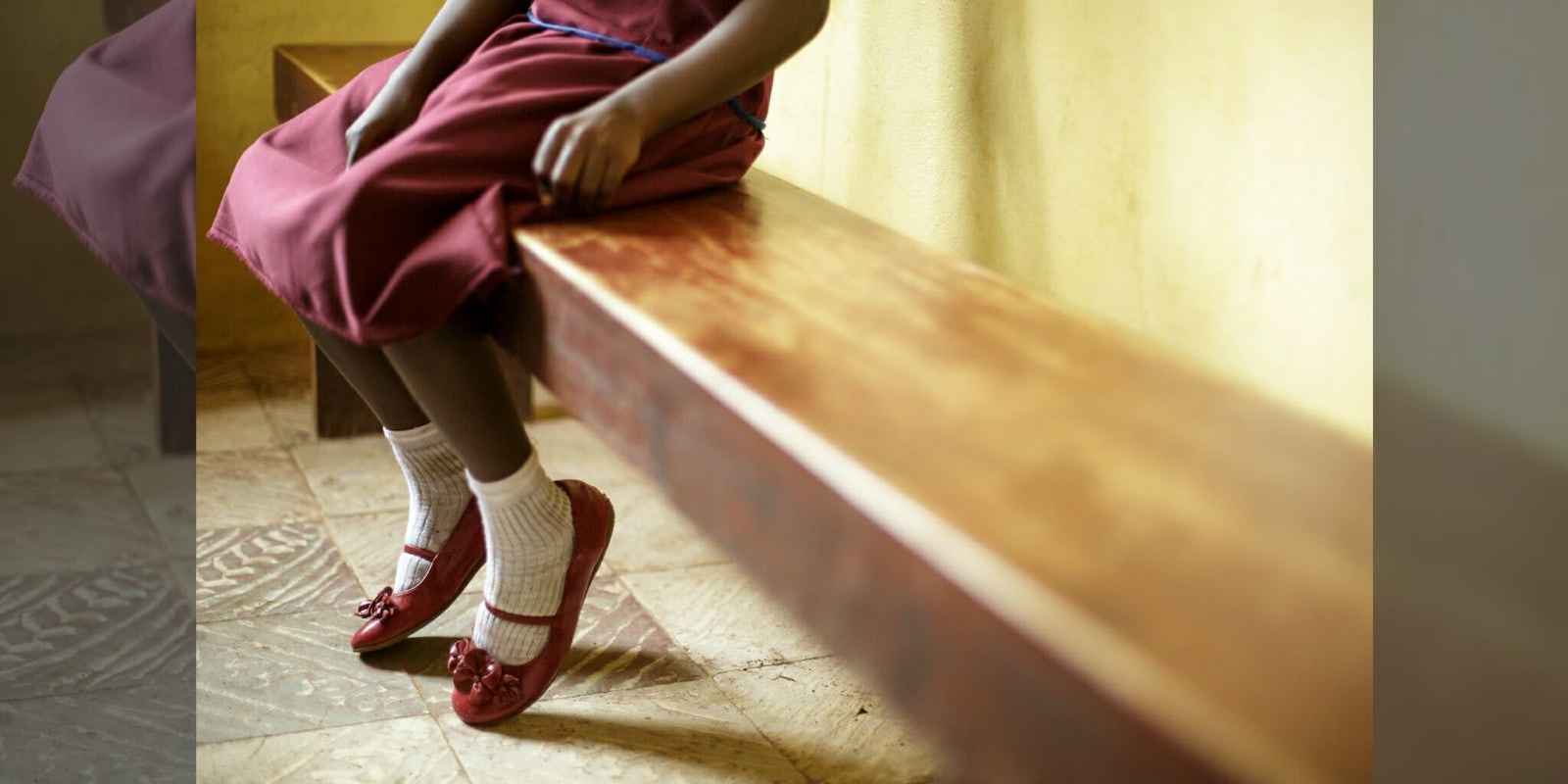On Feb. 6, the International Day of Zero Tolerance for Female Genital Mutilation (FGM), survivors of the cultural practice are taking to social media to push for their inclusion in the international #MeToo movement against sexual abuse.
FGM is the practice of intentionally cutting female genitals for no medical reasons or benefits—a procedure that causes pain and health complications, among other emotional trauma. While FGM is argued to be done for cultural or religious reasons, advocates say its a form of sexual abuse employed to control female sexuality and is a violation of human rights.
According to the World Health Organization, more than 200 million girls and women have been cut in 30 countries across Africa, the Middle East, and Asia. Girls are typically cut between infancy and 15 years old.
“It’s a shame the #MeToo campaign doesn’t include FGM,” Leyla Hussein, an FGM survivor and founder of London-based counseling center Dahlia Project, told the Thomson Reuters Foundation. “FGM is a form of sexual abuse, but yet again we’ve been left out.”
In response to the lack of inclusion, survivors and activists are using the hashtags #MeToo, #MeTooFGM, and #EndFGM across the internet to condemn the practice and speak up for young girls who are unable to protest the ritual themselves.
My sister @JayKFrederick shared her passion and dedication on #endingFGM/C “ I don’t want no other girl going through what I went through” pic.twitter.com/ao1Ewnsa3u
— Dr Leyla Sirad Hussein Gikandi OBE (@LeylaHussein) February 6, 2018
The time has truly come to abandon every other notion except support for girls, children who know that FGM is WRONG and Do not want it! #metoo #MeTooFGM #timesup #ZeroToleranceForFGM @HiboWardere @TorontoStar @jayme_poisson @hinakalam @nationalpost @GYEndFGM https://t.co/83o4eADwnQ
— Giselle Portenier (@GisellePortenie) February 6, 2018
Today we celebrate the International Day of Zero Tolerance Day for FGM, Together we can end FGM, Thank you Mary Robinson for backing us joim #MeTooFGM pic.twitter.com/ISFjlBW6hG
— Ifrah Foundation (@IfrahFoundation) February 6, 2018
#EndFGM #MetooFGM Kenya is holding National conference on Building bridges for elimination I’m happy to be in! of FGM @GMCEndFGM @28TooMany pic.twitter.com/8kw6ZANay6
— Shujaa_Sadia Hussein (HSC) (@SadearH) February 6, 2018
FGM is a child protection issue and so, the Education System has to be actively involved in the fight to end it.
— Stamp Out GBV/VAWC (@stampoutGBV) February 6, 2018
Teachers have a duty to tackle FGM and keep girls safe.
We must transform the way we approach FGM in schools because EDUCATION is the key to end it.#metoofgm #endfgm pic.twitter.com/HBK7m99ZVc
In Dublin, Ireland, FGM survivor and activist Ifrah Ahmed has pushed for the day of zero tolerance to align with the “Me Too” movement by using the hashtag #MeTooFGM in conjunction with the social media platform Thunderclap, to generate greater awareness. Within this specific campaign, organizers hope to reach 1 million Twitter users across Africa, the U.S., Asian, and Australia, according to Independent.ie.
An estimated more than 2,500 women living in Ireland have undergone FGM, and the country has launched a National Plan of Action to prevent the practice, provide healthcare and support for survivors, and contribute to the worldwide end of the practice.
“FGM is the ultimate form of violence against women and female children…the forcible removal of a child’s sexual organs to control her sexuality has been going on since the time of the Egyptian pharaohs,” Ahmed said at the launch of the country’s action plan. “We are calling on all women everywhere who care about women’s rights to support their sisters in 30 countries across the world to call for an end to FGM.”
While some critics have disagreed with the movement’s alignment with “Me Too,” stating that FGM is child abuse and not related to “sexual gratification” associated with the anti-sexual harassment and assault campaign, Hussein, along with other advocates against sexual abuse, said sexual assault isn’t about “gratification”—it’s about power.
“When someone does FGM, it’s all about power,” Hussein said.


